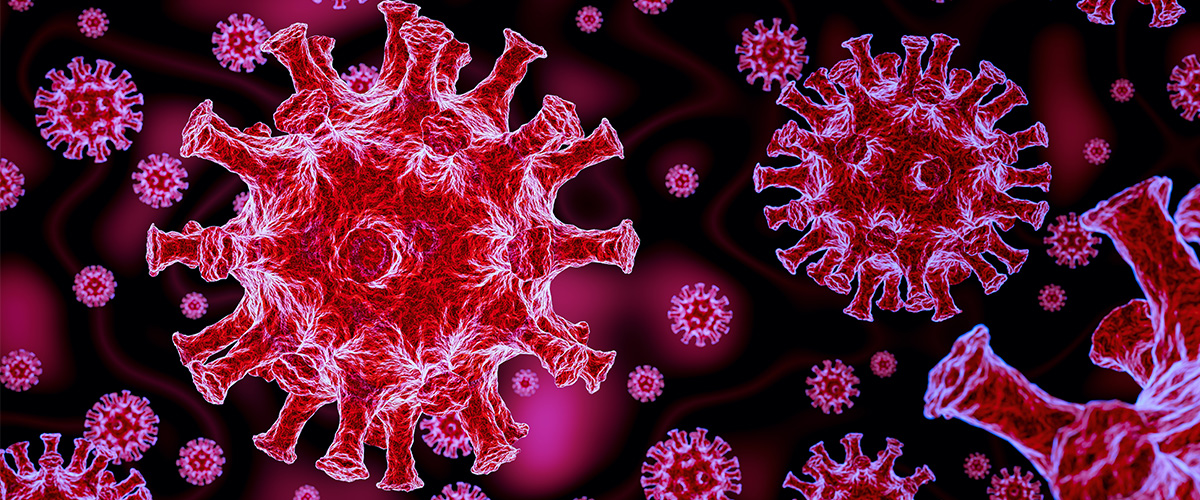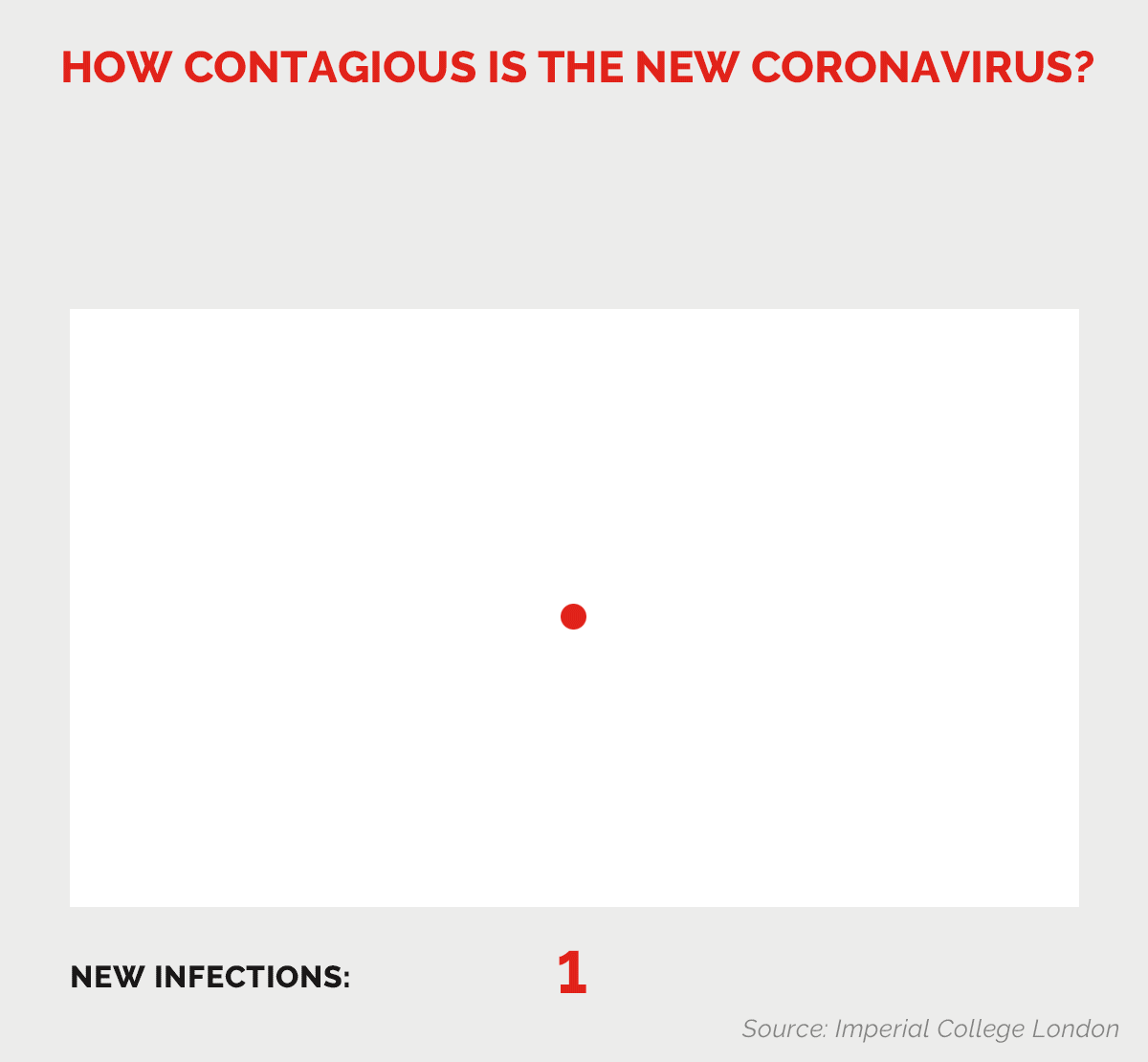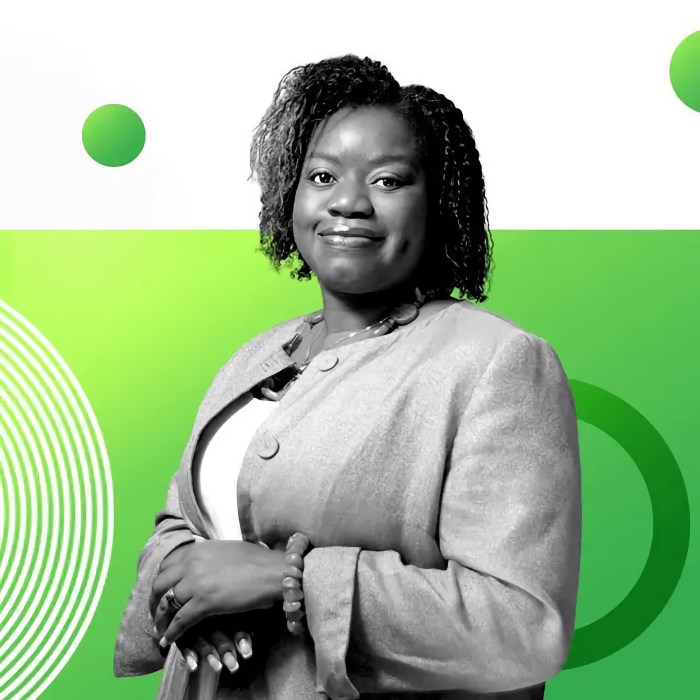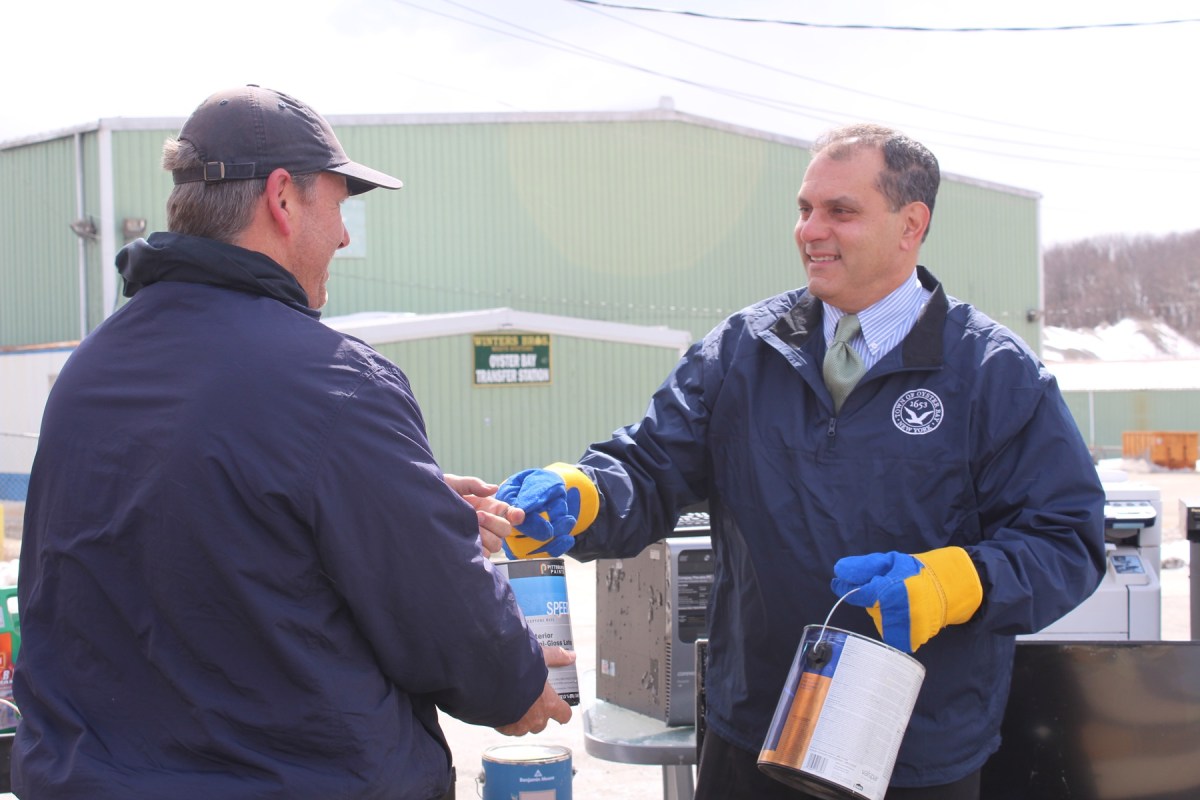Follow these simple precautions to reduce your chances of contracting the new coronavirus, which causes the disease known as COVID-19.

Since the December outbreak in Wuhan, China, the new coronavirus has spread rapidly, with more than 638,000 confirmed cases in 202 countries as of late March. According to the Centers for Disease Control and Prevention (CDC), the virus that causes the disease known as COVID-19 seems to be spreading in the community in certain affected geographic areas. As with any virus, however, there are simple steps you can take to protect yourself.
Know the signs
The symptoms of infection for the new coronavirus are often similar to those of other respiratory virus infections, such as influenza. Symptoms can include fever, cough, or shortness of breath. Most people will only have mild symptoms, but some can become very sick. When person-to-person spread has occurred with other novel coronaviruses that caused diseases such as Middle East Respiratory Syndrome (MERS), it is thought to have happened mainly via respiratory droplets produced when an infected person coughs or sneezes, similar to how influenza and other respiratory pathogens spread. Spread of MERS and SARS has generally occurred between people in close contact.
“The means of transmission is similar: through respiratory droplets produced when a person coughs or sneezes, or by direct physical contact with an infected person, such as shaking hands,” says Dr. David Goldberg, internist and infectious disease specialist at NewYork-Presbyterian Medical Group Westchester and an assistant professor of medicine at Columbia University Vagelos College of Physicians and Surgeons.
If you think you may have been exposed to a person with COVID-19 and have symptoms, before going to a doctor’s office or emergency room, call ahead and tell them about your symptoms and any recent travel. You can also utilize a virtual care platform, such as NewYork-Presbyterian’s NYP OnDemand, to meet with a healthcare professional by video conference. Depending on the severity of your symptoms, your doctor will determine whether or not you need to come in to be evaluated. Avoid contact with others and wear a face mask if you need to leave your home when you are sick.
How contagious is the new coronavirus? A person infected with the new coronavirus can spread the virus to 1.5 – 3.5 people. This metric, known as the R0 or R-naught, describes how contagious a virus is. Here, we show how quickly the new coronavirus can jump from 1 infection to over 1 million.
Keep things clean
Preventative measures are your first line of defense. The best way to protect yourself from COVID-19 is to practice good hygiene and to make these CDC recommendations part of your routine:
- Wash your hands often with soap and water for at least 20 seconds, especially after going to the bathroom; before eating; and after blowing your nose, coughing, or sneezing.
- If soap and water are not readily available, use an alcohol-based hand sanitizer with at least 60% alcohol. Always wash hands with soap and water if hands are visibly dirty.
- Avoid touching your eyes, nose, and mouth with unwashed hands.
- Avoid close contact with people who are sick.
- Stay home when you are sick.
- Cover your cough or sneeze with a tissue, then throw the tissue in the trash and wash your hands. If you don’t have a tissue, cough or sneeze into your elbow, rather than into your hands.
- Clean and disinfect frequently touched objects and surfaces.
Visit the CDC for guidelines on how to properly wash your hands and use hand sanitizer. (Yes, there’s plenty of science behind this basic habit.)
What about face masks?
You may have noticed a growing number of people out and about with their faces covered, but the CDC does not currently recommend the use of face masks among the general public.
As noted above, face masks should be used by people who show COVID-19 symptoms to help prevent the spread of the disease to others. The use of face masks is also crucial for health workers and people who are taking care of someone in close settings (at home or in a health care facility).
Practice social distancing
The CDC recommends maintaining a distance of approximately 6 feet from others in public places since respiratory droplets produced by coughing or sneezing do not travel more than 6 feet. While at home, remind everyone to practice everyday preventive actions – such as washing hands and wiping down surfaces – to help reduce the risk of getting sick. If you are symptomatic and have tested positive for COVID-19 but do not require hospitalization, you should stay in a specific “sick room” and away from other people in your home as much as possible and use a separate bathroom, if available. If your living space makes it difficult to keep a 6-foot distance, stay as far apart as you can and continue to practice good hygiene and wear a mask.
Restrict your travel
Many states have put out the call for individuals to stay home, except to make essential trips to the grocery store, pharmacy or for some outdoor exercise.
The CDC recommends that travelers avoid all nonessential travel to China, Iran, most European countries, the United Kingdom and Ireland. Most foreign nationals who have been in one of these countries during the previous 14 days will not be allowed to enter the United States. “For people at risk for the complications of COVID-19, such as those with underlying medical conditions or those who are older, it’s prudent to avoid any long-distance travel,” says Dr. Goldberg.
Stay up to date with CDC’s travel health notices related to this outbreak.
How NewYork-Presbyterian is prepared
Rest assured, NewYork-Presbyterian is following the situation closely and implementing all recommendations provided by our local and state departments of health and the CDC. Our medical staff is trained to recognize patients who may have COVID-19 and to keep the new virus from spreading.
We understand how important the support of loved ones and friends is to patients during their hospital stay. At the same time, the new coronavirus requires NewYork-Presbyterian to temporarily adjust our visiting policy in order to keep our patients and visitors safe from infection. Please see our updated visitor guidelines.
For more information on the evolving situation and how to protect yourself from coronavirus, visit the CDC and check NewYork-Presbyterian for more updates.
Additional Resources
- If you have concerns regarding COVID-19, please call NewYork-Presbyterian’s hotline at 646-697-4000. This hotline is available as a public service to provide information only and not diagnose, treat, or render a medical opinion.
- If you are not feeling well, consider using NewYork-Presbyterian’s Virtual Urgent Care for non-life-threatening symptoms such as fever, cough, upset stomach, or nausea. Learn more by visiting nyp.org/urgentcare.
Source:https://healthmatters.nyp.org



























